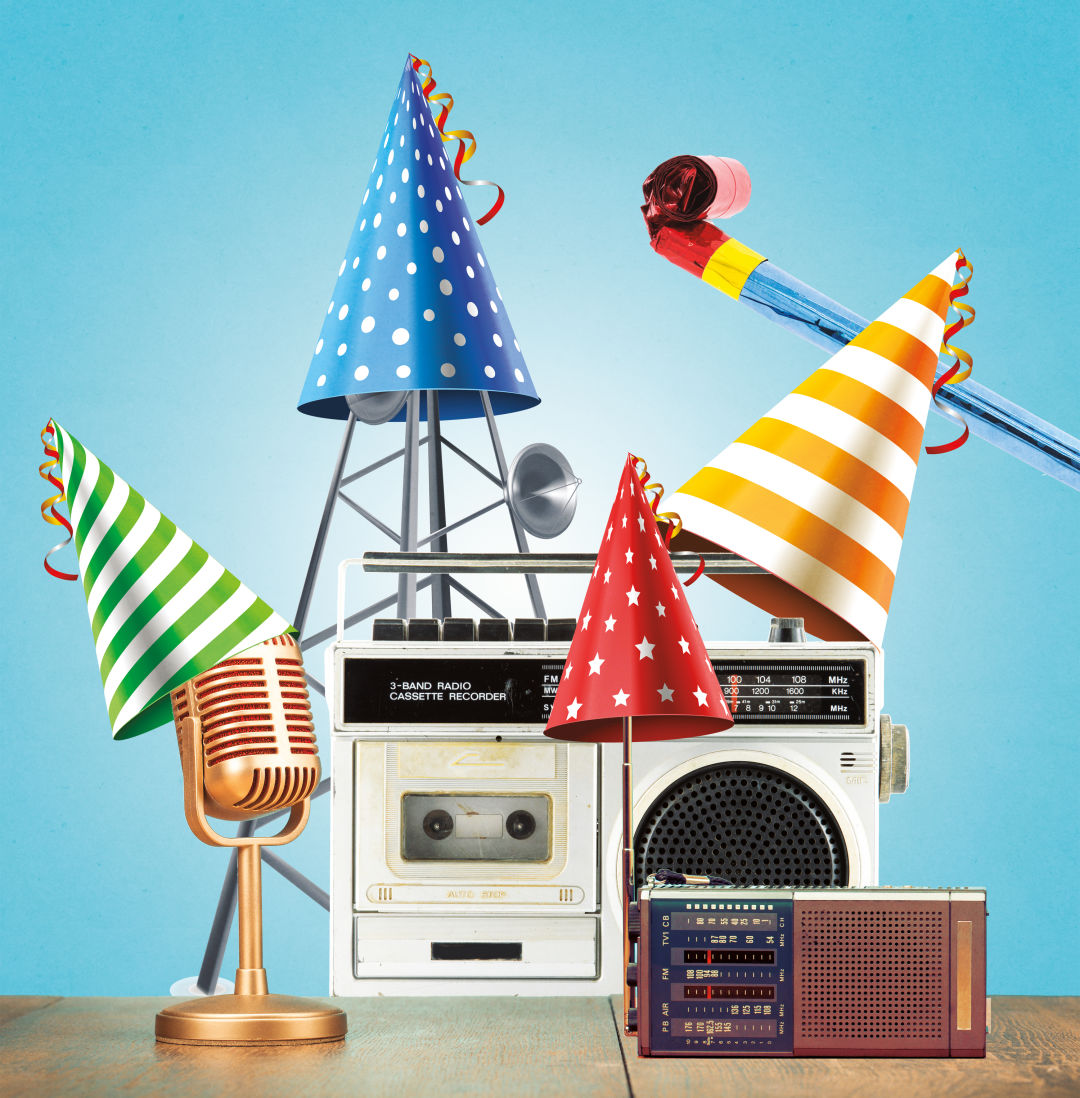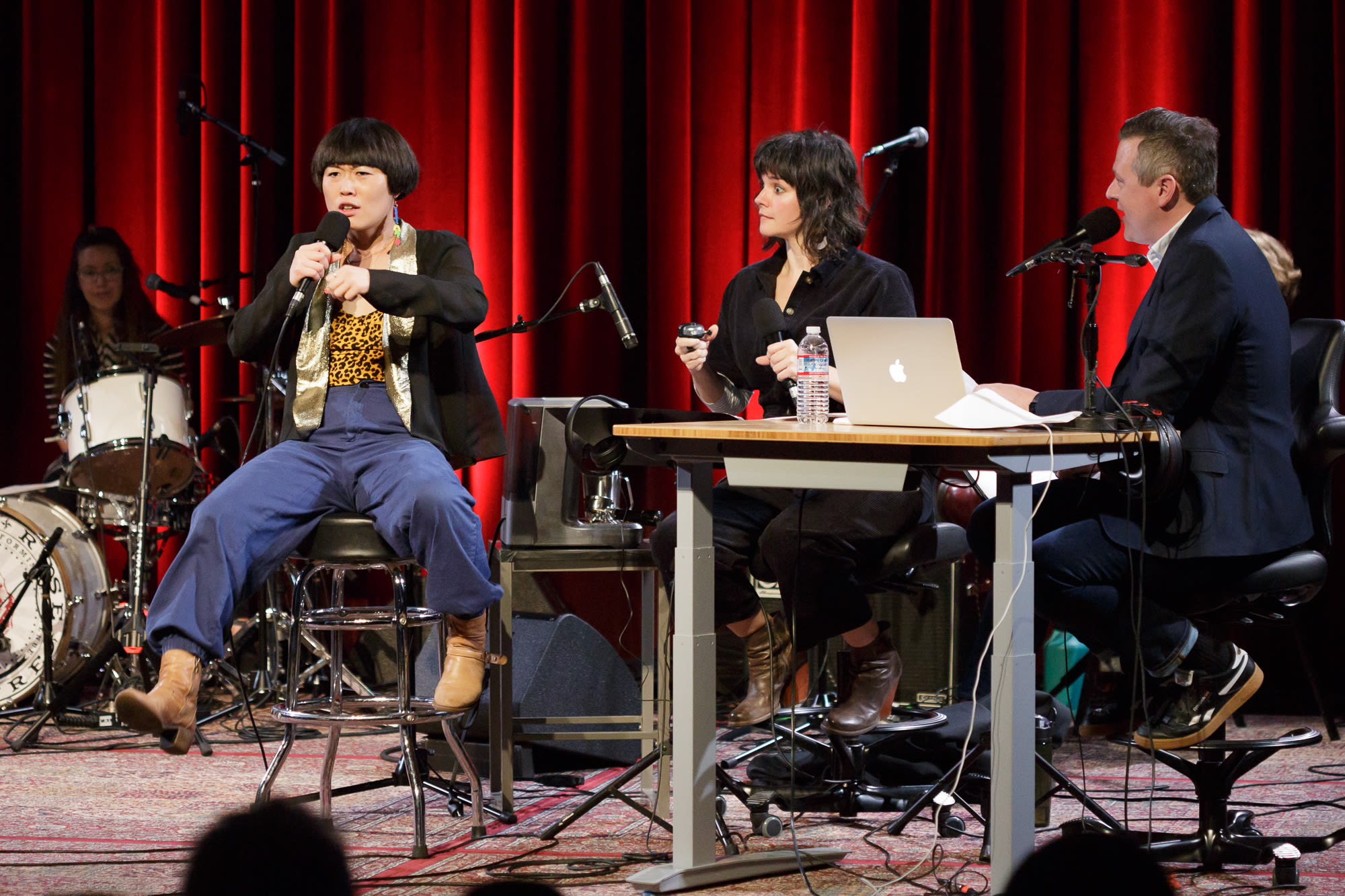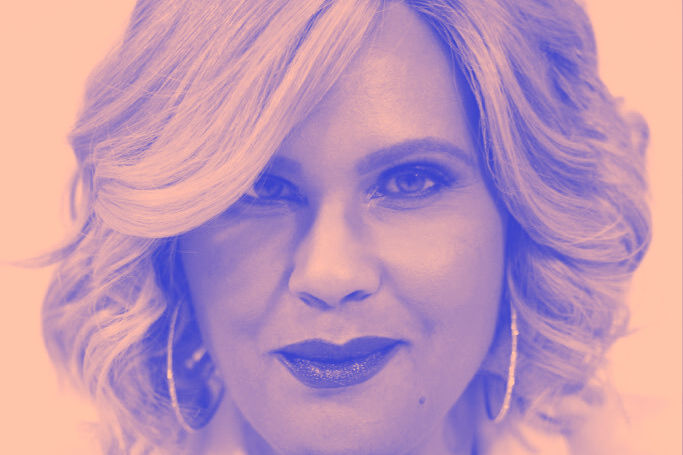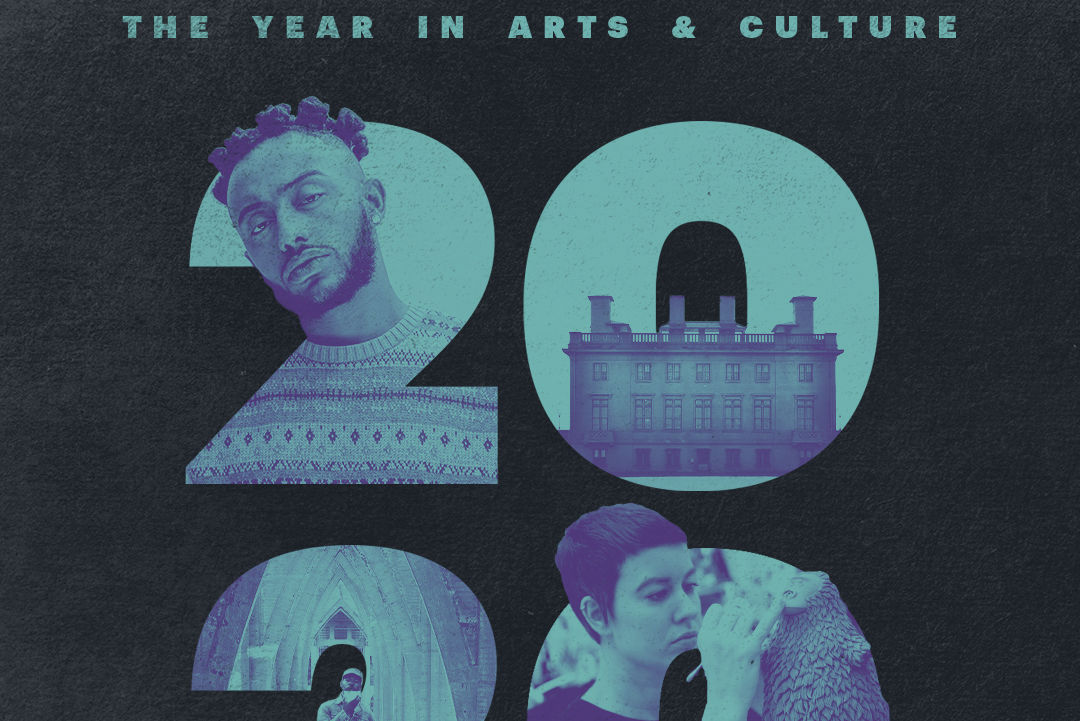Happy 50th Birthday to KBOO Community Radio

Image: Amy Martin
Decades before anyone with a laptop could instantly beam out a podcast to millions of listeners, there was Portland’s KBOO community radio station. With about 30 volunteers, a monthly budget of $50, and a signal output strength 10 watts less than an average light bulb, the station did as much as it could from its basement on SW Salmon and Third. Not surprisingly, the station’s tiny transmitter and antenna went down frequently.
“We had all kinds of fixes that would be unheard of today, like using women’s jeans to be an air vent and [putting] them on the antenna to provide a cooling mechanism to get the transmitter working again,” says Mary O’Rourke, the station’s office manager from 1977.
As legend goes, KBOO was named after the then-popular marijuana strain “Berkeley Boo.” The station hit the airwaves in June 1968, with the mission to provide an alternative to corporate media and to drive social change, mimicking the success of community radio stations in Berkeley and Houston. Today, KBOO has long replaced the old transmitter with one pumping out 26,500 watts, but the community-supported station’s mission remains the same. It owns its smallish 5,000-square-foot hub on SE Eighth Avenue, and still relies on more than 500 volunteers.
The impact of all these individuals over five decades is layered like geological strata. Behind a colorful mural on the station’s exterior lies a treasure trove of a record library, arranged in narrow rows of floor-to-ceiling CDs, Tejano, Zouk, and Cajun Zydeco cohabitating with classical, jazz, and punk rock. Corridor walls are lined with posters from past Halloween “Boo Balls,” bumper sticker–adorned lockers (“I <3 Democracy!”), and bulletin boards announcing volunteer workshops and offering handouts identifying microaggressions. The space has done the impossible, marrying the peace-and-love grooviness of its birth era to the Twitter-armed activism of today.
Bickering board members, internal squabbling, and dire financial droughts could have finished the station more than once. (“Raising money is always a problem,” says former KBOO station manager Victoria Stoppiello. “No one has to pay for KBOO.”) But the station’s democratic structure survives. “KBOO is one of the few institutions that we can say is consistent with its mission statement,” says Yugen Rashad, a jazz music announcer for the past 35 years. “And that’s a good thing.”




